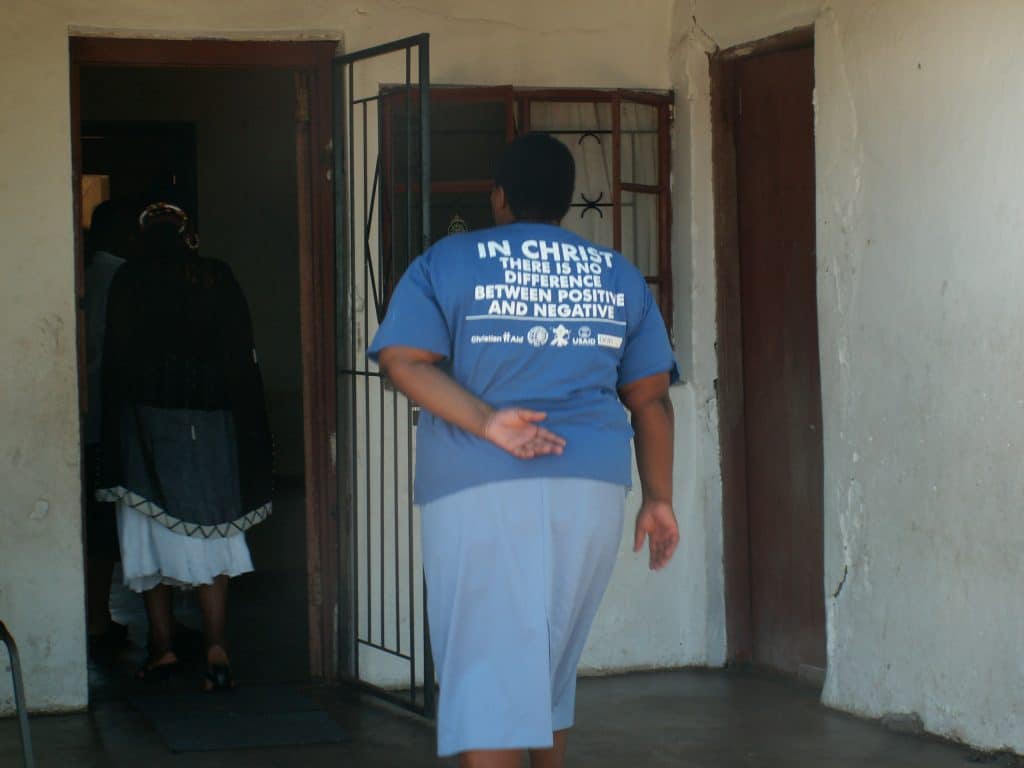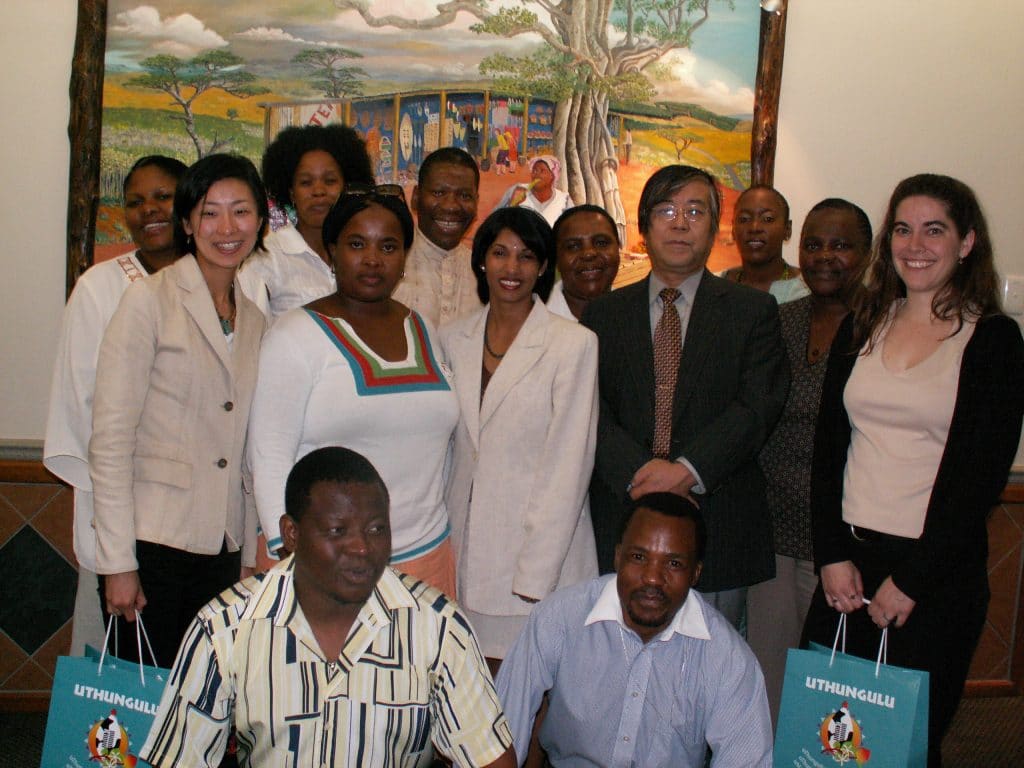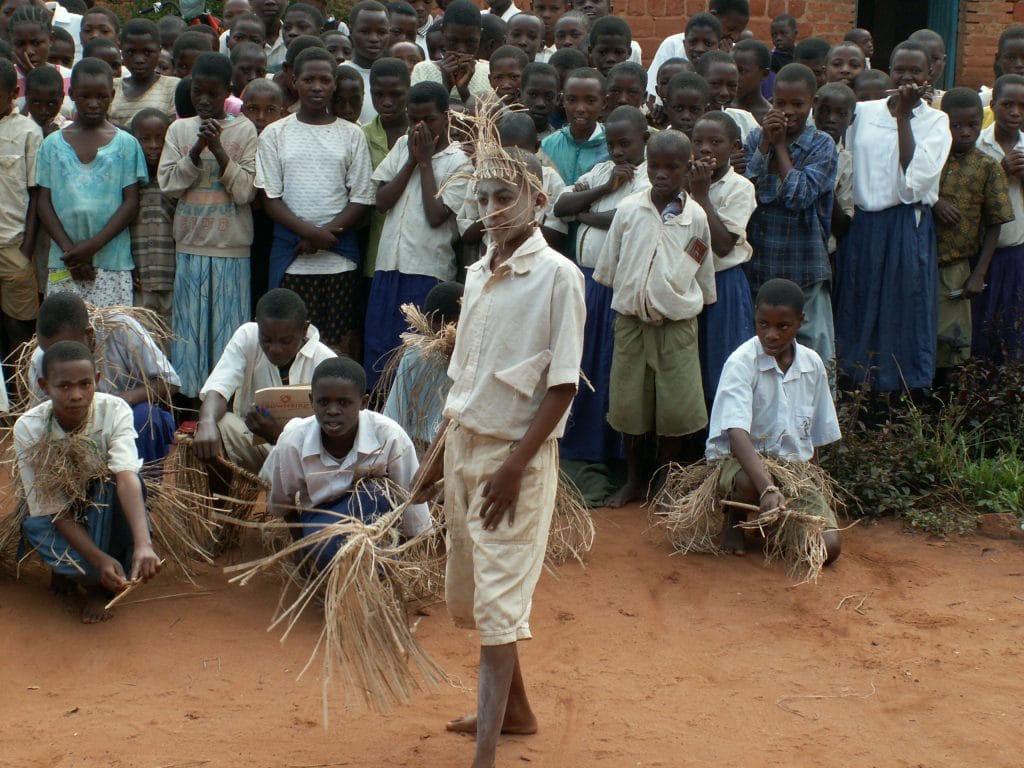HUMAN SECURITY APPROACHES TO HIV/AIDS IN ASIA AND AFRICA
2005–2008
The international community has been searching for effective approaches to the human security threat posed by HIV/AIDS since the first cases emerged more than 25 years ago. Many countries are now recognizing the need for more comprehensive approaches to stemming the spread and impact of HIV/AIDS by integrating their efforts on prevention, testing, treatment, and care. JCIE is exploring ways to further expand this approach to incorporate a human security perspective that would address HIV/AIDS more comprehensively by focusing on the interconnections between the disease and other human security challenges, such as poverty, migration, inequality, and lack of access to education; by bringing all sectors into the fight to provide not only protection but also empowerment of vulnerable populations; and by promoting integration of efforts across disciplines and agencies.
Starting in late 2005, a JCIE research team developed case studies of projects in Asia and Africa that take a human security approach to HIV/AIDS in order to better understand how these approaches work on the ground. As part of this project research was carried out in Tanzania, Thailand, South Africa, and Zimbabwe, and a workshop was held in Pretoria, South Africa on March 10, 2006, with aid workers and UN officials from around Africa. Then on May 31, 2006, nearly 25 experts from international organizations, NGOs, and government agencies gathered for another workshop at the JCIE offices to explore practical strategies for enhancing human security and strengthening cooperation between Asia and Africa on this issue. Surin Pitsuwan, MP and former foreign minister of Thailand, served as a key commentator. A report incorporating the discussions at this workshop is being prepared for publication.

JCIE Publications | Building Resilience: Human Security Approaches to AIDS in Africa and Asia
This report analyzes five projects funded by the United Nations Trust Fund for Human Security that deal with AIDS from various angles, such as the intersection between AIDS and issues of poverty, migration, education, and gender inequality.




